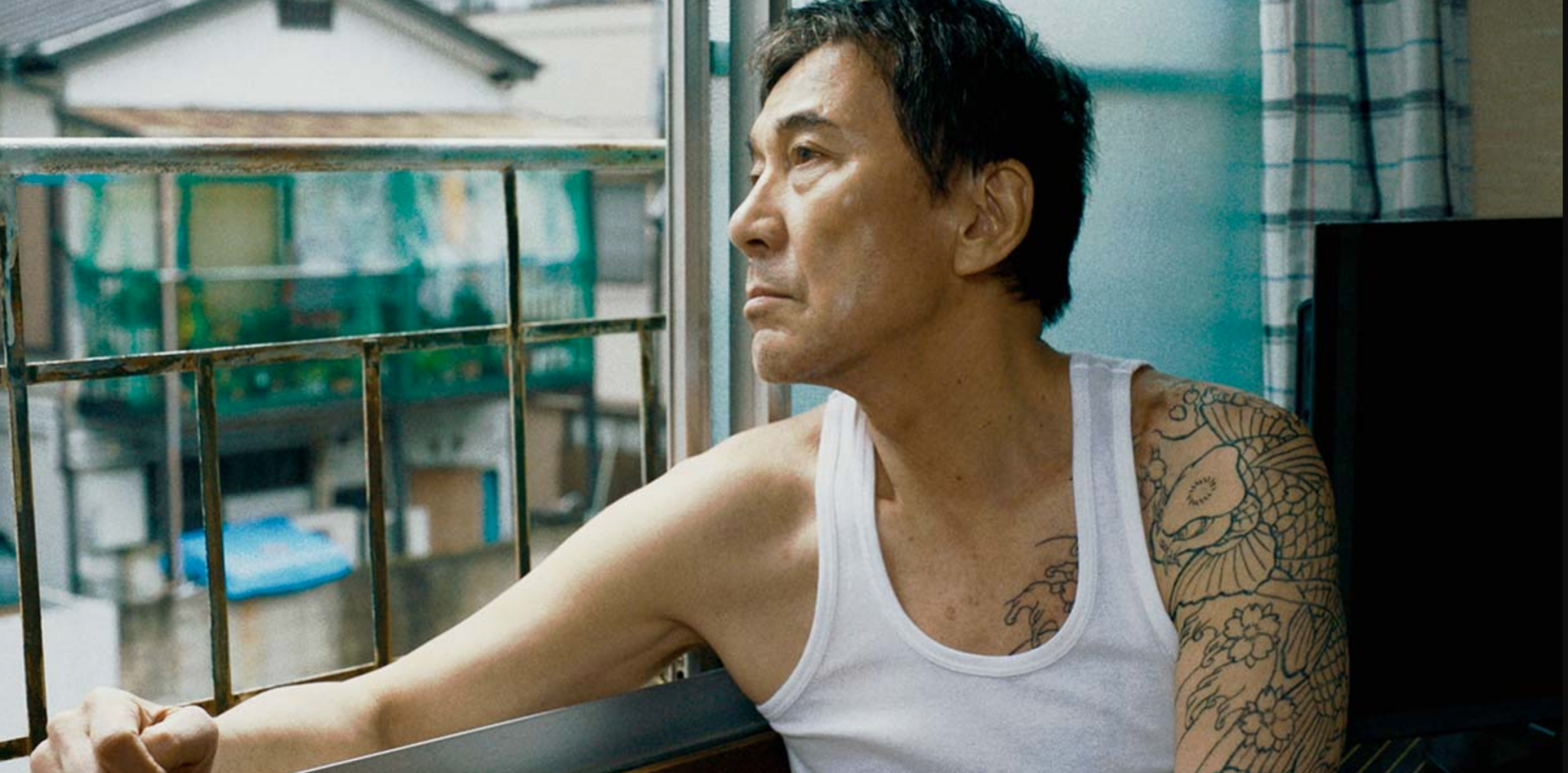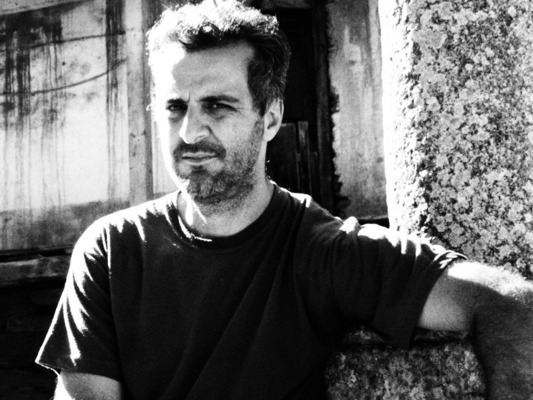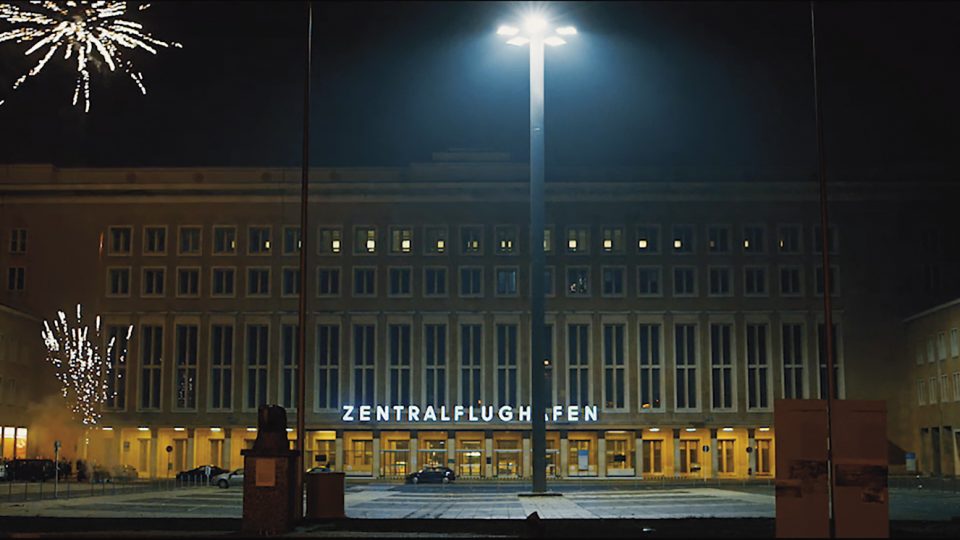
Toronto International Film Festival (TIFF) has begun, though for many of us it means spending hours at our computers or before projection screens. I miss being physically present at the festival. About now I’d be scrambling to find enough hours in the day (forget lunch, in fact, forget anything other than a snack stuffed in my backpack — I do recall walking around Toronto with a bag of oranges, at one point, and with rotisserie chicken, its scent wafting about) to shuffle between the multiplex with more mainstream titles and the beloved TIFF Bell Lightbox, with the Wavelengths program. That sense of abundance, anxiety over not being able to see it all, questioning one’s picks, and still wanting to sneak in a cocktail or two, are gone. There are blessings in disguise, however. Last year, it felt like I treated myself to the full Wavelengths program, and it was so nourishing to see the cinema packed for experimental cinema, a huge tribute to the programmer Andréa Picard and her talented team. I managed to do an inspiring interview with Feras Fayyad and make some discoveries, including Rose Glass’s fantastic psychological horror, Saint Maud. But at times, I leaned more heavily on considerations of the publications I was writing for, and this meant occasionally favoring titles that proved less thrilling, or even lackluster.
The biggest promise I’ve made this year as I watch from home – and, frankly have a leaner slate, depending on what’s available in the video library and not geo-blocked (so some big titles, such as Nomadland, must wait) — is not to miss out on shorts, where I often find formally innovative and fun material (I’m thinking of my past experiences at festivals such as Locarno, Berlinale, IFFR, Tiradentes or Olhar, to name but a few), and also to finally give the Discovery and Contemporary Wold Cinema sections their due on this site.
It’s TIFF Day 1 and I’ve seen some wonderful shorts already. In Taylor Montague’s In Sudden Darkness, the Black residents in the Bronx find themselves wandering the streets in semi-darkness, as the neighborhood experiences a power outage. A working mom realizes there’s nothing for dinner in the fridge, and, after a tense exchange with her husband, takes her little girl outside, eventually procuring brick-oven pizza. The family eats, while a friend drops in on them, and later, the parents and child dance by candlelight. Montague’s short is pure immersion: there is no attempt to mold the few minutes of presence into a sharp narrative arc, but rather a keen attention to the ebb-and-flow, texture, light, feeling — surprise and even shock, when the little girl witnesses panic and looting. In Sudden Darkness is a beautiful film about couples and parenting, with a particularly tender, complex view of the father figure.
Sophy Romvari’s short, Still Processing is also, paradoxically, about presence. Romvari appears on camera with her younger sibling, undergoing a series of healing experiences — or, in more visual-arts terms, a series of actions. Romvari lost two of her brothers (to an unnamed illness), and now what’s left are the photographs given to her by her mother. Romvari goes through this material — sorting, selecting, recalling, or finding that some traces are gone forever. Over the years, I’ve seen many nonfiction films where we spend most of the time peering over a protagonist’s shoulder as she goes through family albums. But it’s not the case with Romvari, whose visual language is ampler and looser. In her short, the past filters in in bits. It must fight its way back in. “I try to remind myself that trauma is relative. It can bound those who share it,” Romvari says at one point. We see her sharing it with her parents and brother. She also expands this sharing, when she goes to a lab and discusses developing film with a technician. She takes this process still further, inviting us into an intimate scene when, in a darkened room, she speaks on-camera about her panic attacks, which began after her brother’s death. To develop, to bring to light, to process — all these photographic terms then become metaphors for what Romvari must go through as she mourns her loss.
My first viewing in TIFF’s Contemporary World Cinema program was Miwa Nishikawa’s prison drama, Under the Open Sky. Mikami (Koji Yakusho) is a former yakuza sentenced to prison for stabbing a man, but who’d had many brushings with the law in the past. In Nishikawa’s layered construction, Mikami gets out of jail and vows to keep away from crime, while simultaneously his prison file and life story peek the interest of a young film director, Tsunoda (Taiga Nakano). The latter is hired by a savvy television producer to write a script based on Mikami’s past. Tsunoda’s ineptness in approaching his subject provides comedic touches to this heartfelt examination of how prison warps itself into the ex-convict’s mind. Once released, Mikami suffers a long string of humiliations — disrespect from younger neighbors, belittling by officials, and constant reminders that he’s on welfare, a parasite. Mikami’s anger is quick to flair up and, at first, it seems that he’ll be going back to crime, in no time. But then in a beautiful, wistful scene, when Mikami visits the home of his former crime boss, the boss’s wife confines her sorrows: “Yakuza is a failing way of life. Banks reject you.” As in many of her dialogues, Nishikawa slides seamlessly between bitterness and sly irony. In this way, though she never makes her characters cartoonish, she does have a pointed, wry way of depicting their denials, failures and foibles. It takes Mikami a whole lot of trying, and failing, to eventually rob off the psychological stigma of prison that impregnates his mind, and to make some unlikely but lasting friends.

